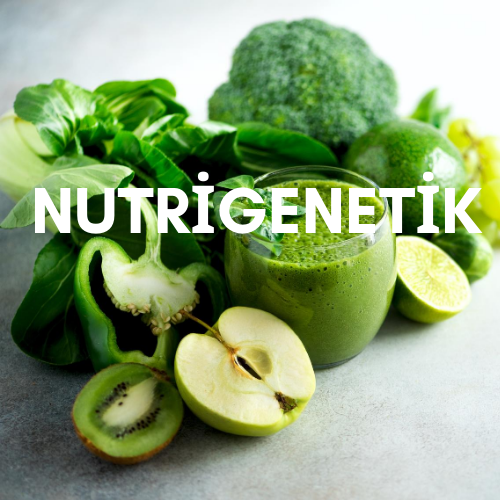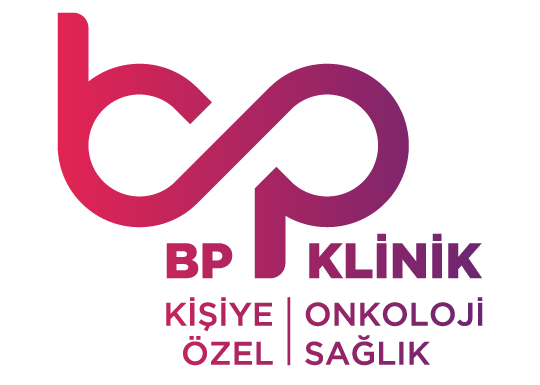Do foods cause cancer? Yes. Do foods protect against cancer?
Yes. Foods have different effects on different individuals. Due to genetic differences among us, while certain foods may benefit some, they may offer less benefit or even cause harm to others. Think about milk, caffeine, alcohol, honey, tahini! Do they have the same effect on all of us?..

Nutrigenetics focuses on studying how our genetic differences change the balance in our bodies and aims to prevent and combat diseases before they even form.
When we better understand our genetic differences, even small changes in our lifestyle can prevent us from becoming ill. In fact, this is the key; yes, with technological advancements, we can often treat cancer, but the goal is to never get sick in the first place! The relationship between our genetics and nutrition was understood with the Human Genome Project. This project aims to decode a person’s entire genetic material. It found that certain genetic variations are related to nutrition. Additionally, it provided us with this insight: the interaction between nutrition and the human genome is twofold—on one hand, nutrition influences the activity rate of our genes, and on the other, it determines how we metabolically respond to food. Initially, we observed that a person’s genetic makeup affects their metabolic reactions and susceptibility to nutrition-related diseases.
Secondly, we concluded that food can influence gene expression and thus regulate metabolic responses at the molecular level. Therefore, we concluded that nutrigenetic methods could provide strong clues about disease susceptibility and how to protect oneself from diseases. The origins and development of cancer are a complex interplay of genetic and environmental factors. We now know that diet and nutrition also play an important role in cancer development. Although there aren’t yet many large-scale, strong studies on nutrigenetic applications, we can’t ignore the existing scientific evidence.

Today, nutrigenetics is widely used to discuss not only the causes and development of cancer but also diet-related or diet-dependent diseases. This offers hope that, in the near future, personalized nutrition consultations based on individuals’ genetic profiles will play an active role in cancer management.
I will continue to repeat this tirelessly: we must take time to explore, listen to ourselves, and improve our circumstances, just as much as we dedicate time to the fight against cancer.
